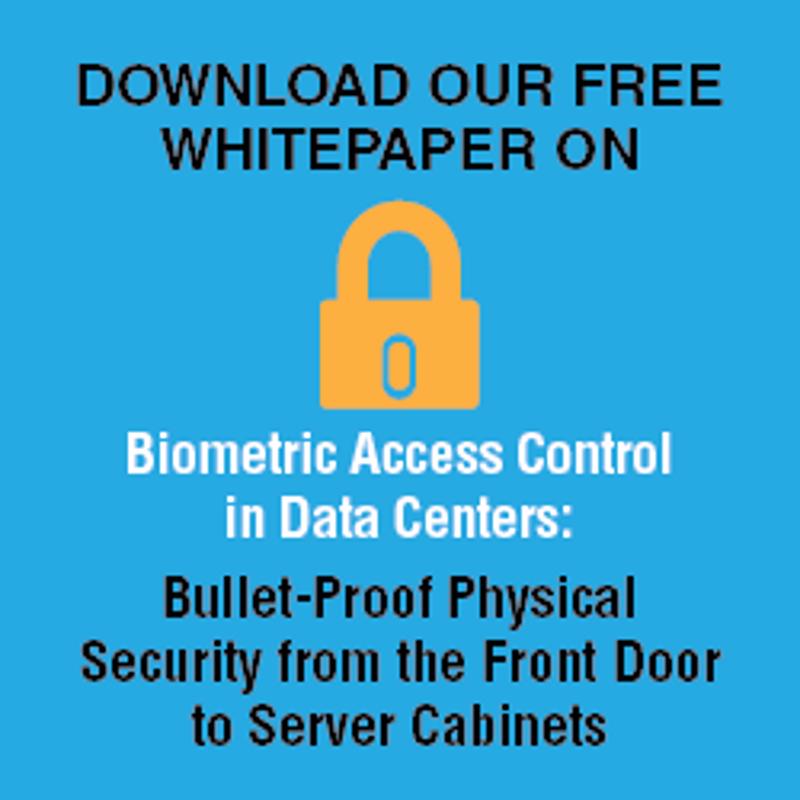With the looming threat of cyber criminals from almost every walk of life, the U.S. government has taken steps to enact new regulations for organizations that could become targets, according to a recent press release from the White House. These threats run from state- and terrorist-funded, politically-motivated attackers to petty individuals with a nasty sense of humor. Regardless, businesses that succumb to such breaches can lose large amounts of money and be set back days or even months.
To fight back against these malicious actors, President Barack Obama unveiled a new legislative proposal. This plan would enable greater information sharing between organizations both private, public and federal, equip law enforcement with modern tools to fight against cybercrime, and update the methods of national data breach reporting.
"This is part of the reason why it's going to be so important for Congress to work with us and get an actual bill passed that allows for the kind of information-sharing we need," President Obama said in a national address in December, as per the press release. "Because if we don't put in place the kind of architecture that can prevent these attacks from taking place, this is not just going to be affecting movies, this is going to be affecting our entire economy in ways that are extraordinarily significant."
Legislation can't come soon enough
Even as President Obama announced the new proposal, hackers that claimed affiliation with the Islamic State took control over U.S. Central Command social media accounts, reported the Washington Post. While it is unclear whether or not the hack was indeed perpetrated by terrorists or sympathizers – currently, Central Command views the breach as vandalism – it still highlights the shortcomings of U.S. cyber defense.
"Let's remember this is a social media account," Peter Singer, a strategist and analyst with the New American Foundation in Washington, told the Washington Post. "This is not a military command and control network. This is not a network that moves classified or even non-classified internal information back and forth. Essentially what they did is for several minutes take control of the megaphone."
For an organization that has propaganda as a primary tool, the U.S. government should not allow any type of online identity seizure – even if it's just a YouTube or Twitter account.
Biometrics could hold the key
One option for organizations seeking to shore up their digital security would be to turn to data centers as a means of storing information. The best of these centers offers biometric access control, which leverages cutting edge technology as a means of security. By using an individual's unique physical characteristics as means of clearance, these data centers can guarantee that only those with the right fingerprints can access valuable data.
In the case of U.S. military secrets, a dual-access system would be the best method of protection. These platforms require two separate ID's from different individuals simultaneously. In this way, an individual insider would not be able to betray his or her organization and leak information without the help of a similar-minded accomplice with the same credentials. So far, this biometric security method has proven the most successful data center security platform.
